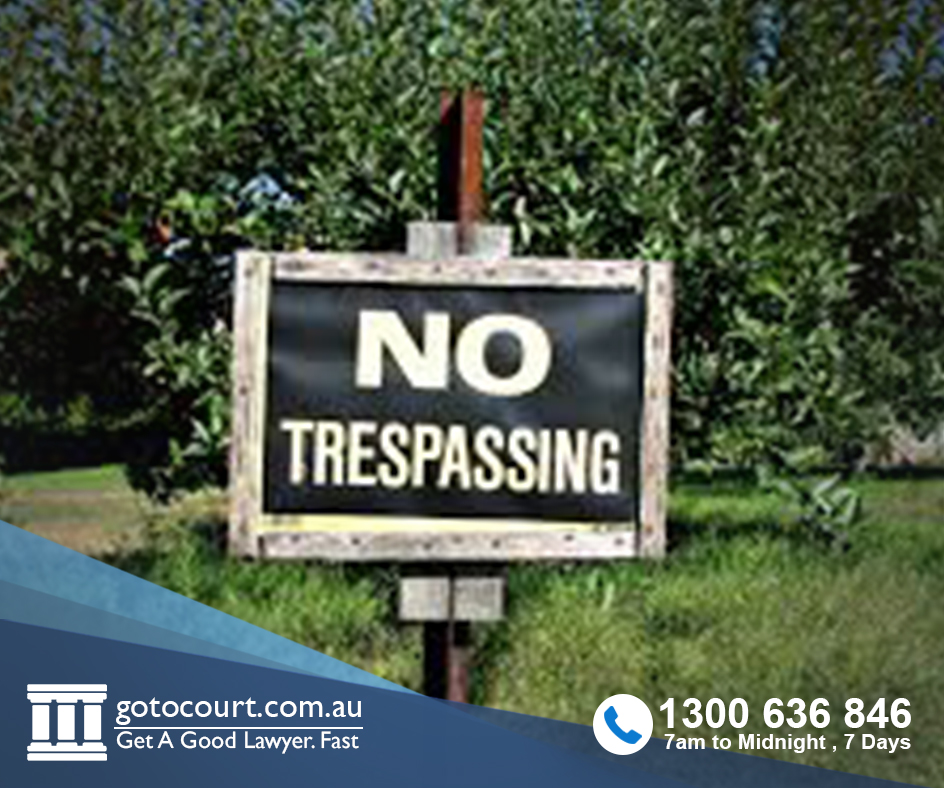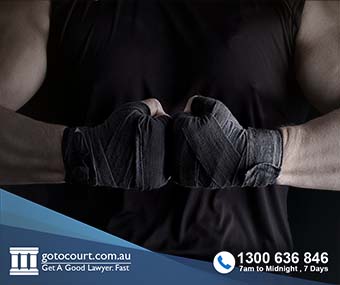Is Fortune Telling Illegal in Australia?
Is Fortune Telling Illegal in Australia?
While visiting a fortune teller may seem like harmless fun, this practice is actually a criminal offence in parts of Australia. In a few jurisdictions, fortune telling is a summary offence when it is performed with an intent to deceive. Although some argue that fortune telling is not fraud because psychics have genuine abilities, the legislation is drafted upon the assumption that fortune-telling is a pretence. This article explains where fortune telling is illegal in Australia.
History of fortune telling and the law in Australia
Fortune telling has been a part of Australian history since early European settlement. For just as long, Australia has had laws prohibiting these practices. At first, these laws were simply an extension of English law, which has a well-established prohibition against fortune telling. Early English law associated fortune telling with witchcraft and heresy and made it punishable by death. By the nineteenth century, the laws against fortune telling in England rested on the assumption that these actions were fraudulent with an intent to deceive.
Australia’s inherited laws did not prevent fortune tellers from setting up shop in arcades and travelling shows in Australia in the nineteenth century. Nor did the view of fortune telling as heretical prevent it from being a popular entertainment at church fetes. For many, visiting a psychic was an affordable diversion. For others, it provided a place for a grieving or distressed person to talk in an informal counselling environment. The nineteenth century media was quick to point out the dangers of this practice, especially for “members of the weaker sex”. Women were seen as vulnerable targets of predatory psychics, heedlessly frittering away the housekeeping money. There were also concerns that fortune tellers provided an avenue to contraceptive information and abortionists. While men also frequented fortune tellers in the nineteenth century, it was portrayed in a more practical vein, as a way to locate lost property or seek investment advice.
Enforcement of law
Despite the legal prohibition against the practice in nineteenth-century Australia, fortune tellers were not often arrested or prosecuted. This was because it was not illegal to advertise or act as a fortune teller, and prosecution required evidence that money was exchanged for a psychic reading to establish that there was a fraud. To effectively establish the necessary evidence, police needed to pose as clients to make arrests. As police were all male in the nineteenth century, fortune tellers became increasingly suspicious of male customers and began to only see female clients. The police had to hire women to pose as clients until women were admitted to the police force after World War II. At that time, there was a particular push to crack down on clairvoyants who preyed on grieving war widows and mothers.
As recently as 1986, there was a successful prosecution of a fortune teller in R v Morgan. In this case, the accused ran a fortune telling business and convinced multiple clients that their cash and valuables were haunted by evil spirits. The fortune teller persuaded the victims to part with their “evil” items for cleansing with a promise to return the valuables. The offender was convicted and imprisoned for defrauding people of almost $400,000 in jewellery and cash.
Current law on fortune telling in Australia
After the turn of the 21st century, most Australian jurisdictions took steps to repeal laws that specifically outlawed fortune telling. Legislators recognised that cases involving the defrauding of victims by fortune tellers could be addressed under fraud legislation. There was no need for a separate prohibition against the practice.
However, fortune telling with intent to deceive is still a separate offence under the Summary Offences Act in the Northern Territory, and the Summary Offences Act 1953 of South Australia. In the Northern Territory, it is an offence for anyone to tell fortunes, or use any means, device or subtle craft, by palmistry or other means, to deceive and impose on a person. A person found guilty of this offence faces a penalty of $1,000 or imprisonment for six months, or a combination of both. South Australia’s Act is even more succinct, mandating that anyone acting as a medium or spiritualist with intent to defraud is guilty of an offence. Anyone found guilty faces a maximum fine of $10,000 or imprisonment for two years.
Fortune telling as evidence
Australian police forces do not officially accept assistance from psychics. However, this has not stopped individual officers from consulting clairvoyants on security threats, missing person cases and murder investigations. Certainly, fortune tellers and psychics cannot give evidence of their premonitions in court. Murray CJ asserted in Smith v O’Sullivan [1921] that “there can be no real telling of fortunes, for no one can foresee the future”.
Go To Court Lawyers can answer any questions about the legality of fortune telling in Australia. Please contact our team today on 1300 636 846.

Affordable Lawyers
Our Go To Court Lawyers will assist you in all areas of law. We specialise in providing legal advice urgently – at the time when you need it most. If you need a lawyer right now, today, we can help you – no matter where you are in Australia.How It Works




1. You speak directly to a lawyer
When you call the Go To Court Legal Hotline, you will be connected directly to a lawyer, every time.

2. Get your legal situation assessed
We determine the best way forward in your legal matter, free of charge. If you want to go ahead and book a face-to-face appointment, we will connect you with a specialist in your local area.

3. We arrange everything as needed
If you want to go ahead and book a fact-to-face appointment, we will connect you with a specialist in your local area no matter where you are and even at very short notice.




















